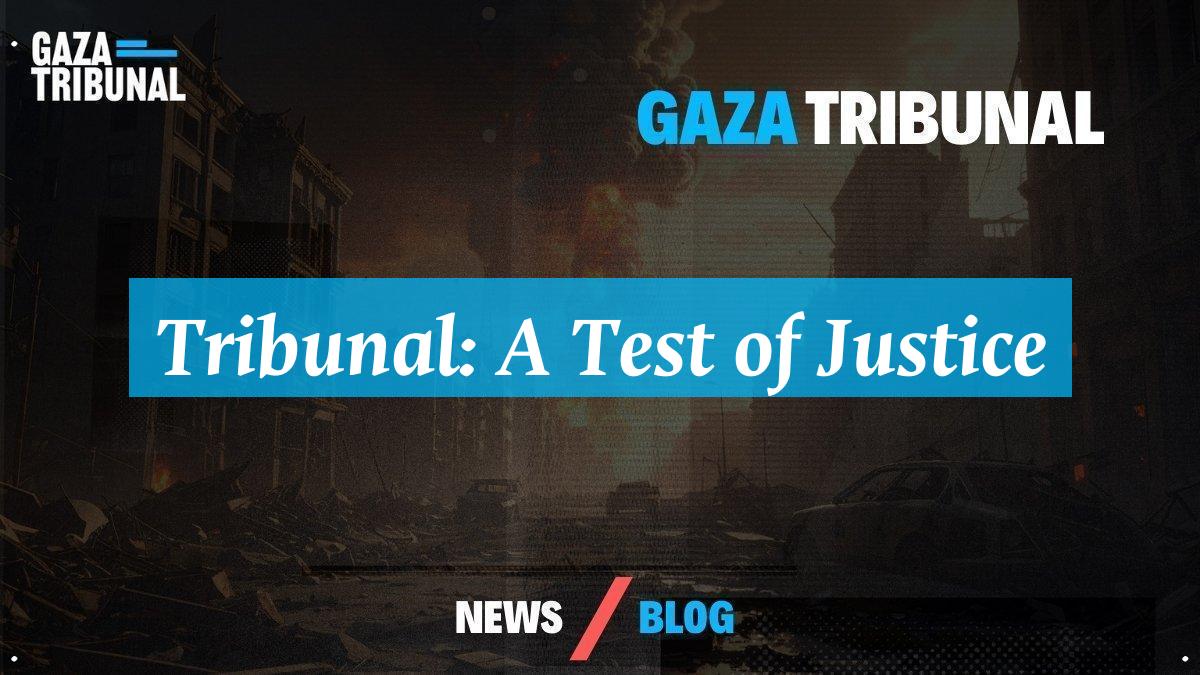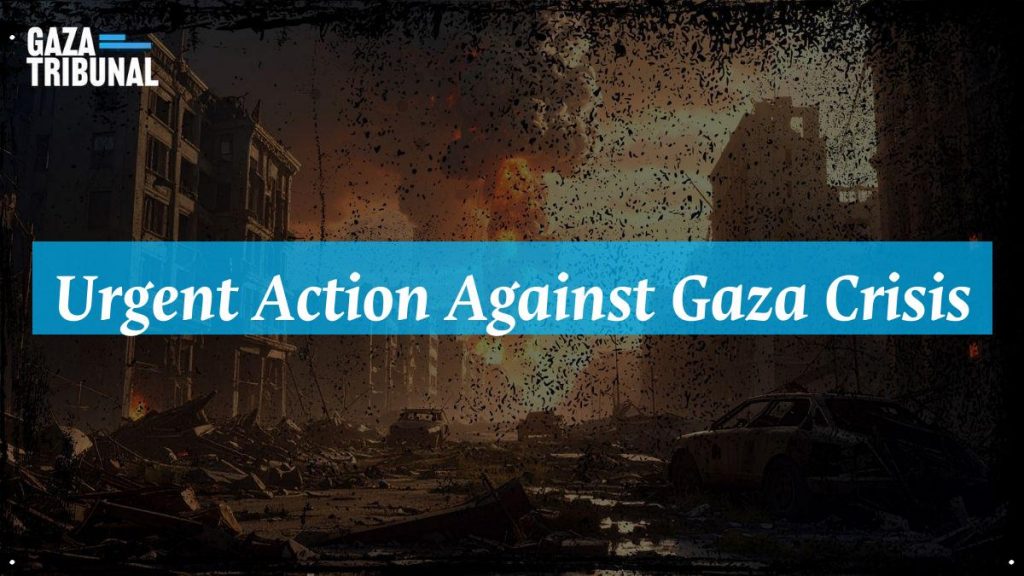The Gaza Tribunal’s recent call for action highlights a pressing humanitarian crisis that demands immediate global attention. In this moment when history accelerates beyond our grasp, the urgency of deploying an international protective force to Gaza cannot be overstated. Richard Falk, president of the tribunal and former UN Special Rapporteur on Palestinian Rights, has made it clear: if we do not act now, we risk witnessing catastrophic consequences for those still surviving in Gaza. What truly stands out in this ordeal is how repeated global inaction has allowed conditions to deteriorate into what some are calling “the final phase of genocide.” The weight of responsibility rests heavily upon world leaders as they confront these grim realities! Can we afford to remain passive while innocent lives hang in the balance? For more information on the ongoing situation, visit our news category.
It is frequently, if too casually, asserted that empowering the UN General Assembly presents a crucial opportunity to bypass paralyzed mechanisms like the Security Council. This approach could mobilize necessary interventions under frameworks designed specifically for such crises—like “Uniting for Peace” and Responsibility to Protect (R2P). Falk emphasizes that these legal instruments exist precisely so humanity does not watch genocide unfold without intervention. As governments deliberate their next steps amidst growing tensions and accusations from various parties involved, one must ponder whether moral courage will prevail over political inertia. The stakes have never been higher; thus far-reaching solidarity is essential if there’s any hope left for those enduring unimaginable suffering within Gaza’s borders!
Gaza Tribunal Urges Governments to Authorize an Armed Humanitarian Force Before It’s “Too Late”
The Gaza Tribunal, a collective of legal experts and human rights advocates, has taken a bold stance. They recently called on the United Nations General Assembly to act decisively by deploying an international protective force in Gaza. At a press conference held in Istanbul, Richard Falk, who once served as the UN Special Rapporteur on Palestinian Rights, emphasized urgency. He warned that we stand at the brink of what he termed “the final and most lethal phase of genocide.” The gravity of his words resonates deeply.

“If we do not take serious and drastic action now,” Falk cautioned during his address, “it will be too late to save the surviving people of Gaza.” His remarks encapsulate both desperation and hope for immediate intervention amidst escalating violence. The tribunal’s statement titled “Time to ACT: Mobilizing Against Israel’s Planned Conquest…” highlights how global indifference has allowed this humanitarian crisis to spiral into catastrophic proportions.
Empowering the UN General Assembly Beyond Security Council Vetoes
The call from the Gaza Tribunal pushes world governments toward bypassing a paralyzed Security Council—stuck due to repeated vetoes—and instead empowering the General Assembly for decisive action under international law. This shift could redefine how nations respond when faced with dire situations like those unfolding in Gaza right now! Falk pointed out two critical legal frameworks available for use:
- The 1950 “Uniting for Peace” resolution allows actions when peace maintenance fails at Security Council levels.
- The 2005 Responsibility to Protect (R2P) doctrine aims specifically at preventing atrocities similar to past genocides.
“These frameworks exist precisely,” said Falk firmly while emphasizing their relevance today; they ensure that humanity does not simply watch genocide unfold without intervening.
A Call for Moral Courage and International Solidarity
The tribunal’s declaration paints a grim picture: it describes conditions in Gaza as nothing short of “a collapse of humanity.” Such language demands our attention—it calls us all towards moral courage! As Richard Falk asserted emphatically during discussions about intervention possibilities: governments must act before it becomes impossible!
“The UN General Assembly should organize armed interventions,” he insisted passionately while highlighting historical precedents set during crises like Korea or Suez where effective responses emerged despite deadlocked councils elsewhere.
This moment requires more than just awareness; it needs mobilization across borders—bringing together jurists alongside civil society leaders committed enough—to document violations actively yet also advocate strongly against them!
Pushing For Debate At The Upcoming UN General Assembly
The upcoming session next month promises potential breakthroughs if proposals from these tribunals gain traction within member states’ deliberations surrounding resolutions enabling immediate protective interventions aimed directly towards civilian safety measures being enacted soon after discussion concludes. For more information about the role of legal experts in these discussions, refer to the source.
Falk remains optimistic but cautious about navigating complex diplomatic waters ahead—a delicate balance indeed!
“While many may question motives behind such initiatives initially,” he noted wisely regarding perceptions around sovereignty issues involved here,
“this represents legitimate humanitarian efforts focused solely upon protecting civilians caught up amid conflict zones!”
“The World Cannot Claim Ignorance Anymore!”
Falk reflected profoundly upon ethical dimensions tied closely with current events:
“We witness unprecedented transparency revealing acts classified historically under terms associated only previously seen through lenses obscured by distance or time… No one can claim ignorance anymore!” What lies ahead? A test awaits each nation willing enough still believe they hold power over destiny itself—or risk condemning entire populations left vulnerable without support systems established beforehand !
This mission isn’t merely documenting crimes but challenging paralysis gripping institutions meant to uphold justice worldwide; ensuring accountability prevails regardless obstacles presented along way forward… If laws fail to protect defenseless individuals facing annihilation then system itself stands condemned entirely ! ”


